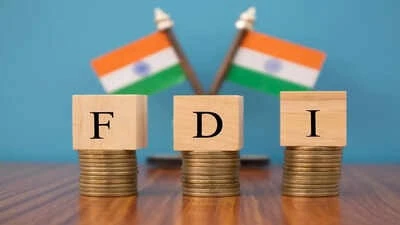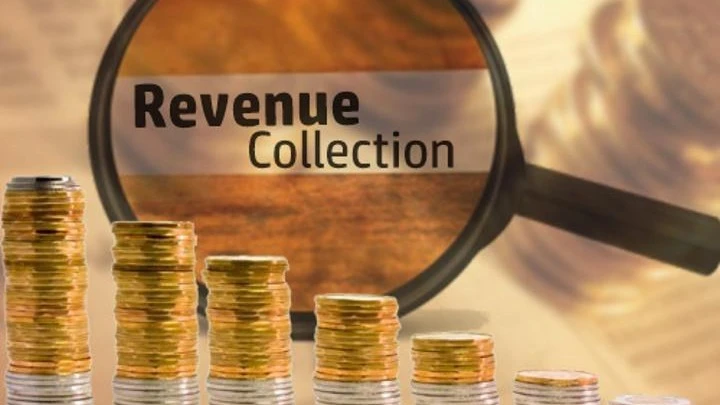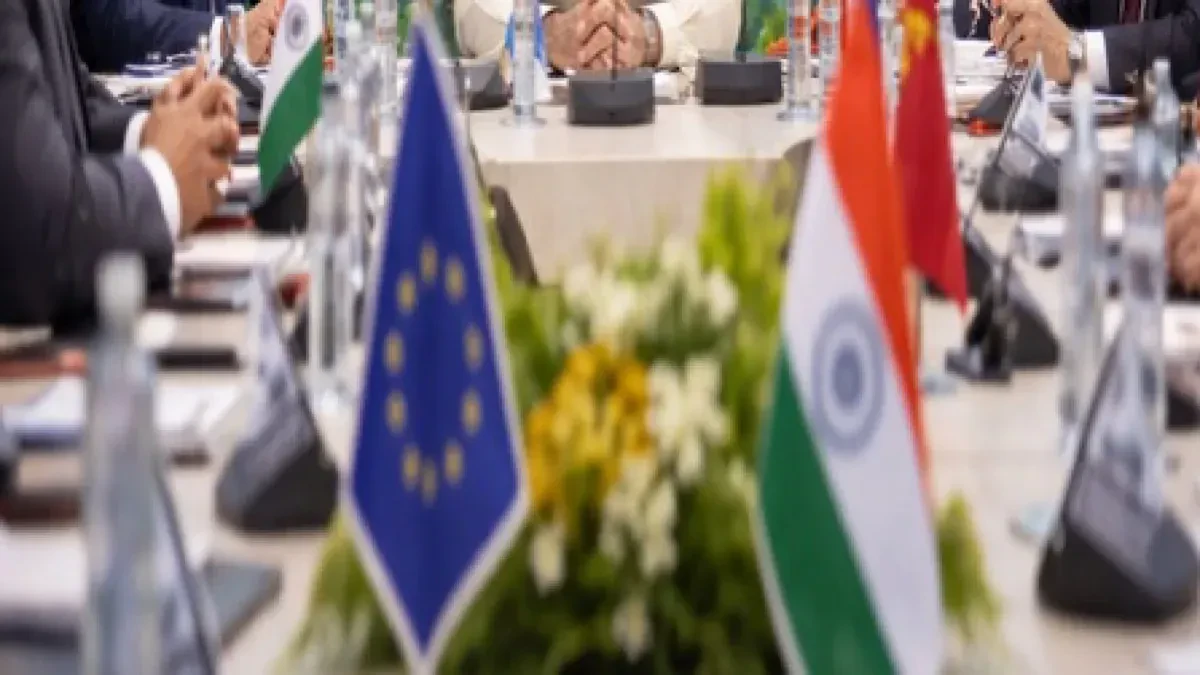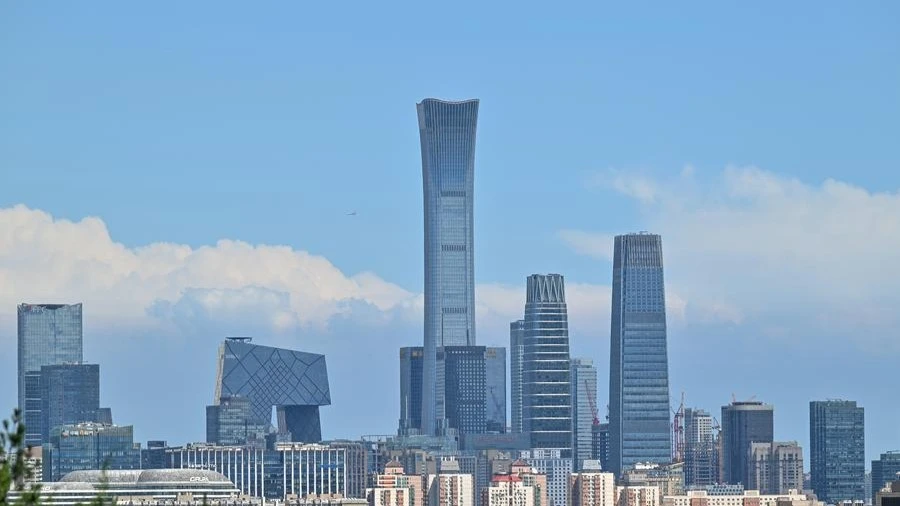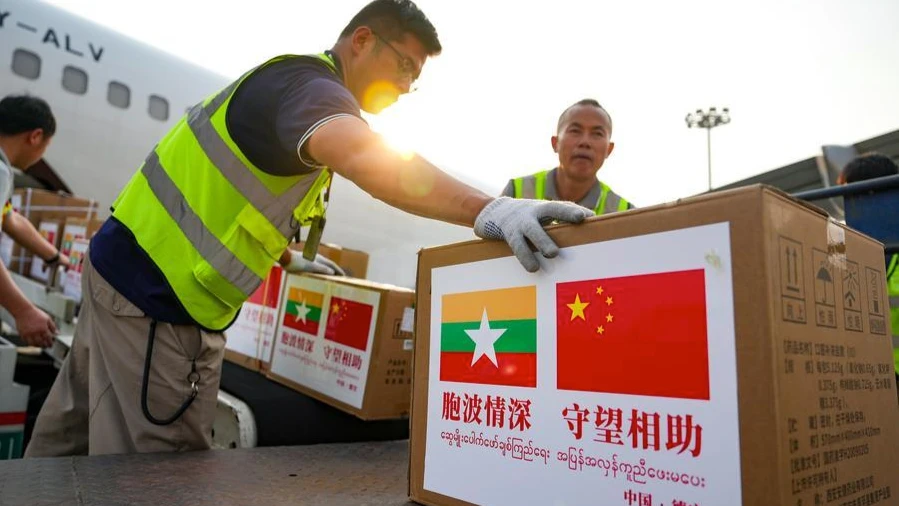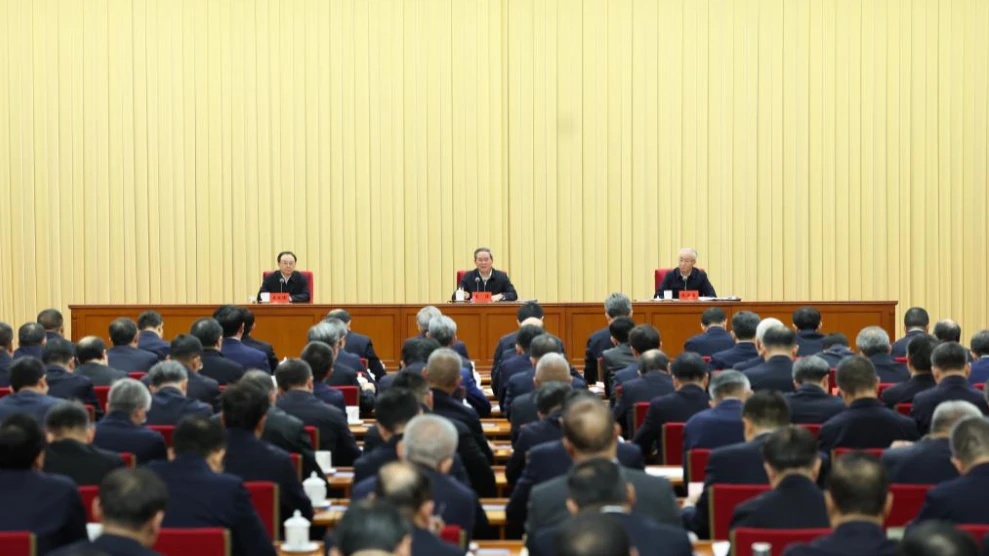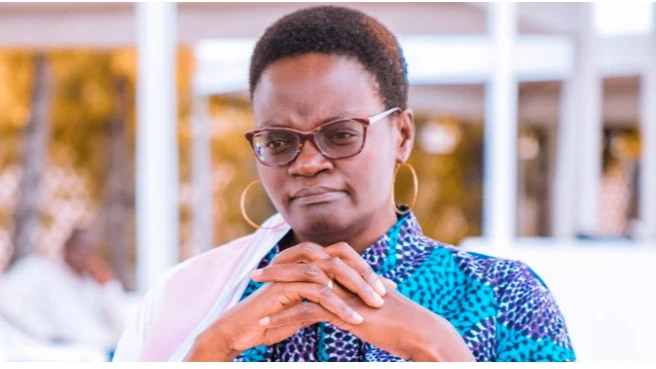Drug enforcers seize Pakistan 'narco ship'
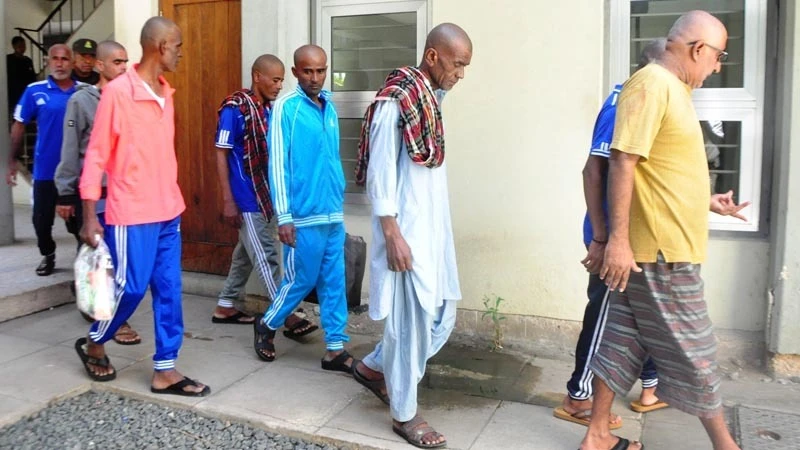
A VESSEL with registration B.F.D 16548 flying the Pakistani flag has been seized by law enforcers on the country’s shores loaded with methamphetamine.
Aretas Lyimo, the Drug Control and Enforcement Authority (DCEA), commissioner-general, cited this development at a press conference in Dar es Salaam yesterday, profiling a DCEA report on the status of drug seizures and control efforts for 2024.
Investigations show that the vessel has been used for various illegal activities for the past 28 years, he said, as it was making regular trips from Pakistani ports through Iran to load drugs before offloading its cargoes in various shores on the western rim of the Indian Ocean, he said.
Eight Pakistani nationals were arrested and were lined up for hearing charges before a court in the city yesterday, he said, noting that heroin and methamphetamine are commonly trafficked by sea.
The seized vessel has a capacity to carry up to eight tonnes of illegal drugs at a time, he said, affirming that legal proceedings are ongoing. “Once the court is satisfied, the vessel will be confiscated and become government property," the law enforcer intoned.
In 2024, DCEA reported the seizure of 2,327,983.66 kilograms of illegal drugs, a significant increase from the 1.9m kilograms seized in 2023. This substantial haul could have caused significant harm to the nation if it had reached the market, he stated.
Cannabis was the most seized drug during the year, followed by methamphetamine, heroin and fentanyl-based prescription drugs. For the first time, a new drug, the 3-4 methylene-dioxy-pyrrolidone (DMV), was discovered and confiscated, he said.
“The year-end operation involved the seizure of the vessel. We confiscated 673.2 kilograms of methamphetamine and heroin. Of these, 448.3 kilograms were hidden inside the vessel and linked to eight Pakistani nationals, while 224.9 kilograms were seized along the seashore in Dar es Salaam," he explained.
He similarly noted that the government has purchased patrol boats, now being put to final procedures, which involve the formation of a task force to monitor criminal activities in Lake Victoria, where drug trafficking is especially worrying.
With more than 600 passageways along the coastline and lakeshores, DCEA is working with other security agencies to combat crime, he said, appealing to the public to live up to its crucial role in reporting illegal activities in these areas.
He also highlighted the government's ongoing investment in public education on drug-related issues. In 2024, approximately 28m people were reached in education outreach on drug problems.
Two rehabilitation centres for drug addicts were opened in Coast and Tanga regions, bringing the total number of medically assisted therapy (MAT) clinics across the country to 18, with 18,170 affected individuals being treated there, he said.
Sic sober houses were created, bringing the total to 62 across the country, he said, noting that assessments of drug availability and distribution indicate a significant decline in heroin use within the country.
Many users now turn to alternative substances such as prescription drugs with addictive properties, he asserted, hinting at plans to further strengthen drug control efforts. DCEA will enhance international cooperation and leverage modern technologies to monitor networks of drug traffickers, he added.
Top Headlines
© 2025 IPPMEDIA.COM. ALL RIGHTS RESERVED








